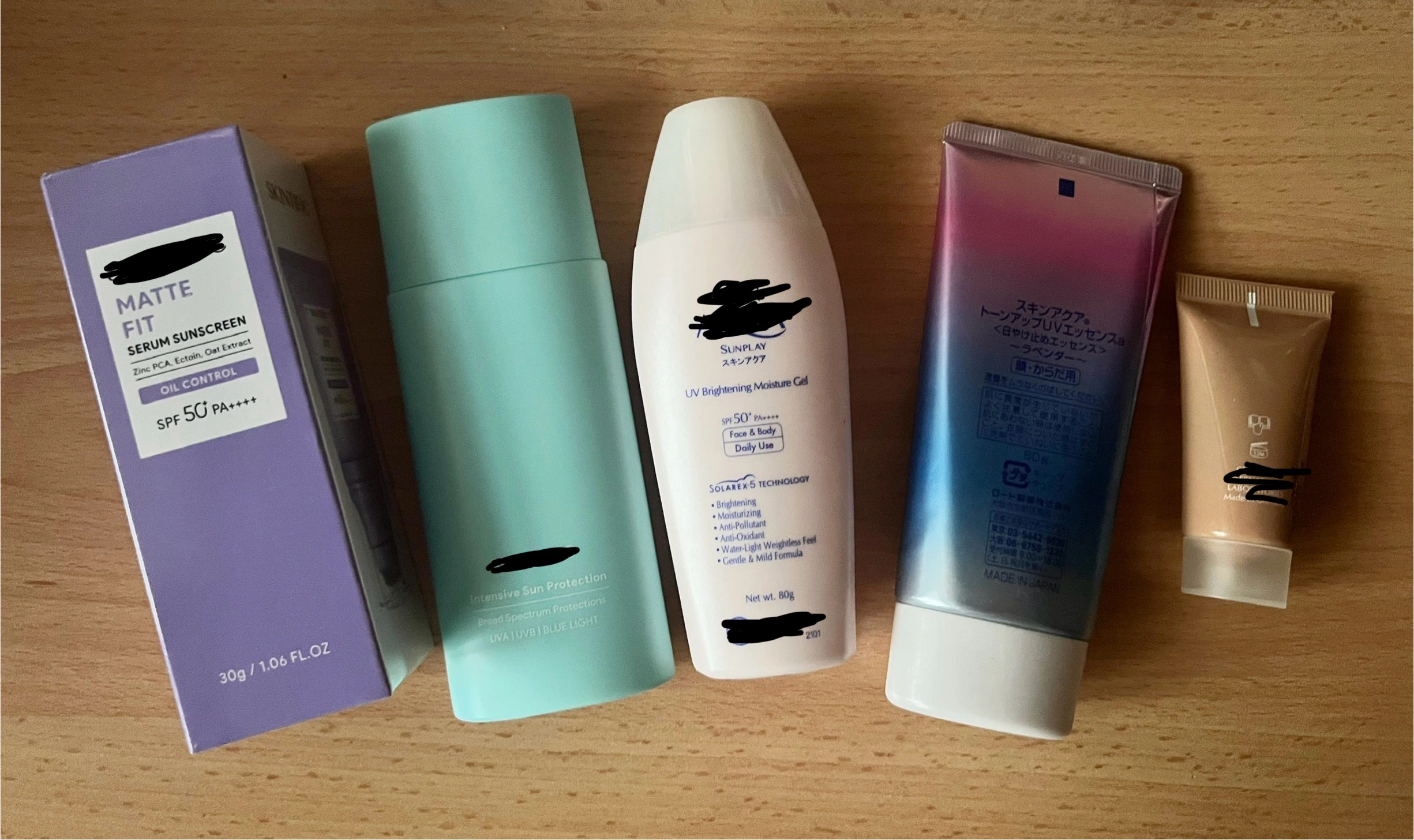Sunscreen, a ubiquitous product in modern skincare routines, is often misunderstood. It’s more than just a cosmetic; it’s a crucial tool for protecting your skin from the harmful effects of the sun’s ultraviolet (UV) radiation.
Sunscreen, a ubiquitous product in modern skincare routines, is more crucial than ever in today’s warming climate. As global temperatures rise, the intensity of the sun’s UV radiation increases, making it essential to protect your skin from its harmful effects. By incorporating sunscreen into your daily routine, you can safeguard your skin from sunburn, premature aging, and the increased risk of skin cancer associated with prolonged sun exposure.
Understanding UV Radiation
The sun emits two primary types of UV radiation: UVA and UVB.
* UVA rays: These rays penetrate the skin deeply, causing premature aging, wrinkles, and age spots.
* UVB rays: These rays primarily affect the skin’s surface, causing sunburn and increasing the risk of skin cancer.
The Role of Sunscreen
Sunscreen works by either absorbing or reflecting UV radiation, preventing it from damaging your skin.
* Chemical sunscreens: Absorb UV rays and convert them into heat, which is then dissipated from your skin.
* Physical sunscreens: Create a physical barrier on your skin that reflects UV rays away.
Choosing the Right Sunscreen
When selecting a sunscreen, consider the following factors:
* Broad-spectrum protection: Ensure the sunscreen protects against both UVA and UVB rays.
* Sun Protection Factor (SPF): A higher SPF offers longer-lasting protection. Aim for at least SPF 30 for daily use.
* Water resistance: If you’re spending time in water, choose a water-resistant sunscreen.
* Ingredients: Look for sunscreens with mineral-based active ingredients like zinc oxide or titanium dioxide, as they are generally considered safer and less irritating.
ππ»ββοΈ Price:
Β * Price doesn’t always reflect quality. Many affordable sunscreens offer excellent protection.
* However, more expensive sunscreens may contain higher-quality ingredients or more advanced formulations.
ππ»ββοΈ Ingredients:
* Look for broad-spectrum sunscreens that protect against both UVA and UVB rays.
* Choose a sunscreen with an SPF of at least 30.
* Avoid sunscreens that contain oxybenzone and octinoxate, as these ingredients have been linked to hormone disruption and coral bleaching.
* Look for sunscreens that contain physical blockers like zinc oxide or titanium dioxide, as these ingredients provide a physical barrier to the sun’s rays.
ππ»ββοΈ Other factors to consider:
* Water resistance: If you’ll be swimming or sweating, choose a water-resistant sunscreen.
* Texture: Choose a sunscreen that feels comfortable on your skin.
* Scent: If you’re sensitive to fragrance, choose an unscented sunscreen.
ππ»ββοΈ Additional tips:
* Apply sunscreen generously and evenly to all exposed skin, including your face, ears, neck, and the tops of your feet.
* Reapply sunscreen every two hours, or more often if you’re swimming or sweating.
* Wear protective clothing, such as a wide-brimmed hat and sunglasses, to further protect your skin.
By following these tips, you can choose a sunscreen that will help protect your skin from the sun’s harmful rays. Read more from here: https://beautycare-tips.com/melanin-rich-skin-care-guide-tips-for-deeper-skin-tones/
Tips for Effective Sunscreen Use
* Apply generously: Use enough sunscreen to cover all exposed skin.
* Reapply every two hours: Especially after swimming or sweating.
* Don’t forget often-missed areas: Like your ears, neck, and the tops of your feet.
* Seek shade: Limit sun exposure, especially during peak hours.
* Wear protective clothing: Hats, sunglasses, and long-sleeved shirts can provide additional protection.
By understanding the importance of sunscreen and using it correctly, you can significantly reduce your risk of skin cancer and premature aging. Make sunscreen a part of your daily routine to enjoy a lifetime of healthy, radiant skin.
For further information, please refer to these reliable sources:
* Skin Cancer Foundation: https://www.skincancer.org/
* American Academy of Dermatology: https://www.aad.org/
Remember, your skin is your body’s largest organ. Protect it wisely.

